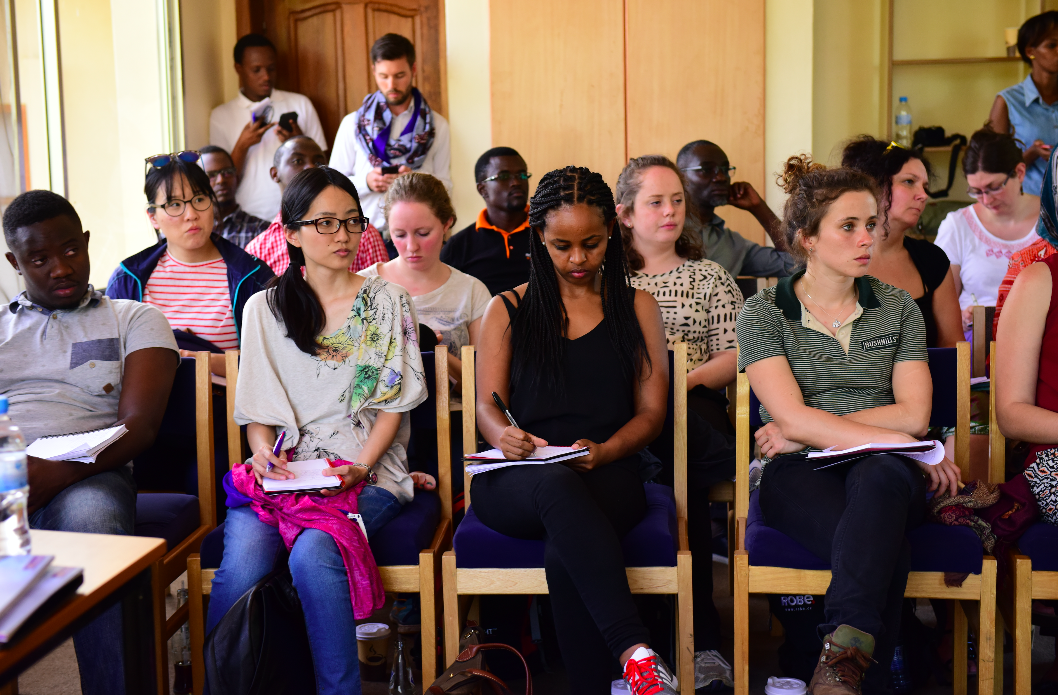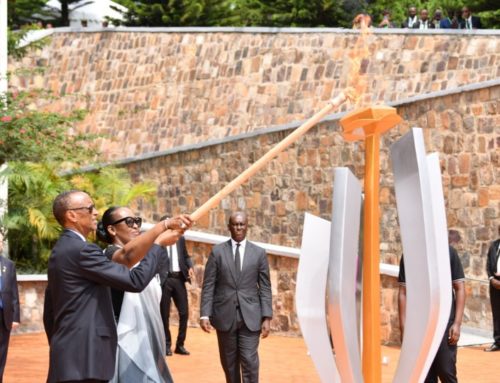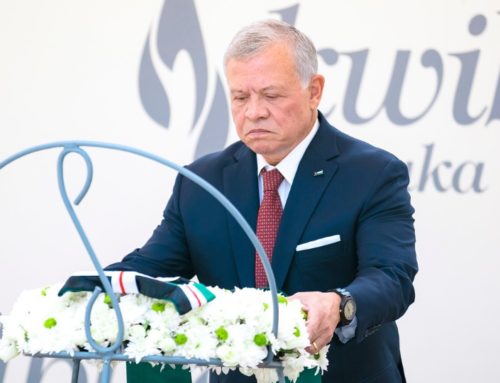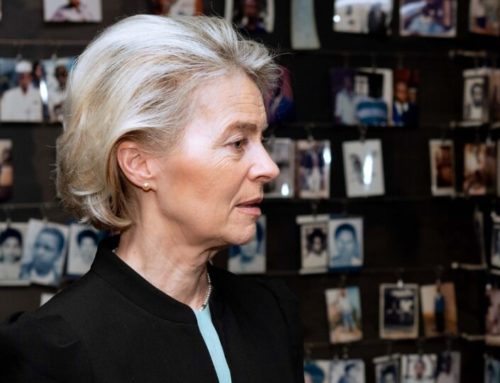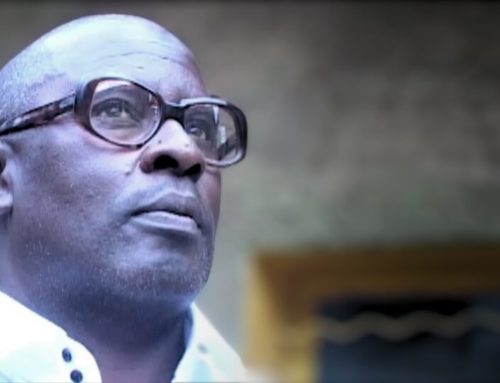The Kigali Genocide Memorial has hosted a group of international students from the University of Manchester (UK) as part of the Aegis Trust’s new Educational Tour Programme. The programme takes students and teachers across Rwanda to visit important historical sites, communities and policy leaders to give an understanding of the Genocide against the Tutsi, post-genocide recovery initiatives and how these are contributing to the development of Rwanda.
The Manchester University tour took place from 14-16 January 2016 and included 16 Masters students from the Humanitarian Crisis Response Institute (HCRI) from the university. The students were accompanied by their academic leader, Dr. Jessica Hawkins and Centre Manager, Dr. Adele Aubrey. The students were on an educational tour through Uganda and Rwanda to study conflict response and disaster management. On their visit, the students and their professors toured memorial sites and unity and reconciliation projects around the country, and attended lectures and presentations with different partner institutions, such as the Adventist Development and Relief Agency Rwanda (ADRA Rwanda) and the Rwanda Development Board (RDB).
Participant Reflections
“From a teaching point of view, it shows you the limitations of the classroom. We learn about humanitarian actors but I would classify Egidia and Bonheur from the Kigali Genocide Memorial as humanitarian actors because they are preserving the memory, they are trying to create reconciliation, they are humanitarian actors but they are different to our definitions of humanitarian actors and the whole community element I think has been missing in all the modules.”
– Dr. Jessica Hawkins, Academic Leader, Humanitarian Crisis Response Institute, University of Manchester
“Having guides with us during community visits was very helpful because they were able to put things in perspective. Going out into the communities and having guides showing what we learnt about in the exhibition at the Kigali Genocide Memorial and then touring and seeing it with our own eyes was a great continuity that helped us understand more about what happened. There would not have been any other way where we could have profited from this so much. We went dove so deep into it because they made it such a great experience.”
– Martina, Student, Humanitarian Crisis Response Institute, University of Manchester
“I want to say a huge thank you to Egidia and Bonheur from the memorial and the rest of the team for organising such a fantastic programme for us. The students all found it so interesting and relevant to their studies! They learnt a lot and came away with a different impression of Rwanda: better understanding of all that has happened in the past but also appreciating all that Rwanda is now a great place to visit and somewhere they can have fun.”
– Lesley Harri, Managing Director, Venture Uganda Travel

